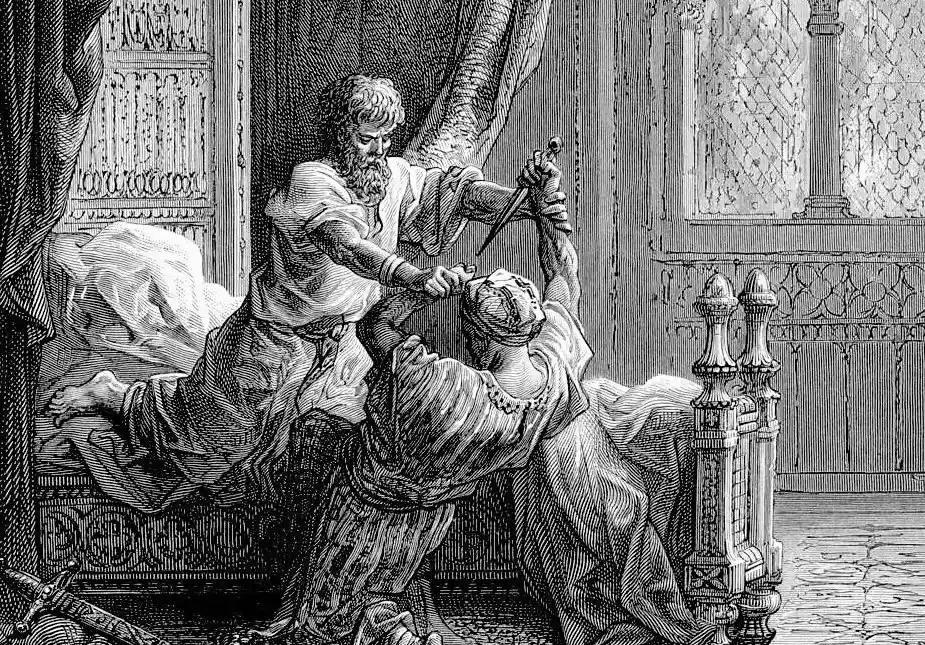Hashish and assassins may seem an unlikely pair—but they share a surprising connection. Is the story of the Hashashins far-fetched, or is it a true tale of 11th-century hash-smoking killers?
The Order of the Assassins, often dubbed The Hashashins, were a highly skilled and devout religiopolitical sect operating in Persia from the late 11th century to the late 13th century. The group was part of the Nizārī Ismāʿīliyyah branch of Shia Islam and was founded by the missionary, Hassan Sabbah. Hassan and his followers operated out of the castle of Alamut and other mountainside fortresses in Persia and Syria for two centuries.
The group is known for its attacks on a variety of targets: Christian leaders, a ruler of Jerusalem, and several caliphs. They were feared for their clever warfare, working their way into opposing groups’ spheres in order to get closer to the enemy. They took out hundreds of adversaries over two centuries using only deceit and strategy, earning them their Western title as the original assassins.
Hashish and the Assassins
What’s the link between cannabis and the mastermind assassins? It’s speculated that Hassan had a practice of drugging the newest recruits with hashish and leading them to a garden full of feasts and beautiful women. The drugged assassins were told they were in Paradise, and that if their lives were to be taken during the completion of their God-given duties, they would be sent back to that same bliss. Some believe this is the reason the assassins were able to carry out their cold-blooded murders seemingly without fear.
The story of Hassan’s use of hashish came to the Western world through The Travels of Marco Polo, Marco Polo’s 13th-century travelogue of his adventures through Asia. Marco describes his visit to the castle of Amalut and Hassan’s use of hashish to create murderers. Corroborated in Xishiji, a text by a Chinese government official, Chang-De also describes a beautiful location filled with music and damsels where members were promised to be sent if they obeyed their duty to their faith.
Fact or folklore?
While the story of the Hashashins makes for an entertaining history of assassinations, scholars debate the accuracy of the sect’s use of hashish as a brainwashing tactic. Research on the Nizari sect argues that the truth about the Assassins has been stretched by Western storytellers, as well as historically corrupted by opposing sources in the Middle East who sought to slander the group. The group’s ability to kill mercilessly was likely due to their faithful devotion as well as their high level of skill.
Many sources claim the English word assassin originates from the Arabic hashshshin (حشّاشين) and variants of the word used to reference the sect. However, it’s unclear whether the term, meaning hashish-smoker or troublemaker, was historically used to reference the Assassins. It’s also possible the word was simply used in reference to the sect pejoratively by rival figures.
While we may not know whether these stories are fabrications by Western travellers or a key in the history of assassination, the Assassins will continue to inspire debate among the curious and will remain a special interest for cannabis lovers.
© Kanab Inc. – Kanab Inc. is a Toronto based cannabis retail company that honors the historical significance and uses of the cannabis plant across cultures and civilizations. Kanab has now opened its first cannabis dispensary at the intersection of Don Mills Road and York Mills Road in North York region of Toronto, Ontario (South of 401, West of 404 / Don Valley Parkway, and East of Leslie). For more info, please visit: kanab.ca









